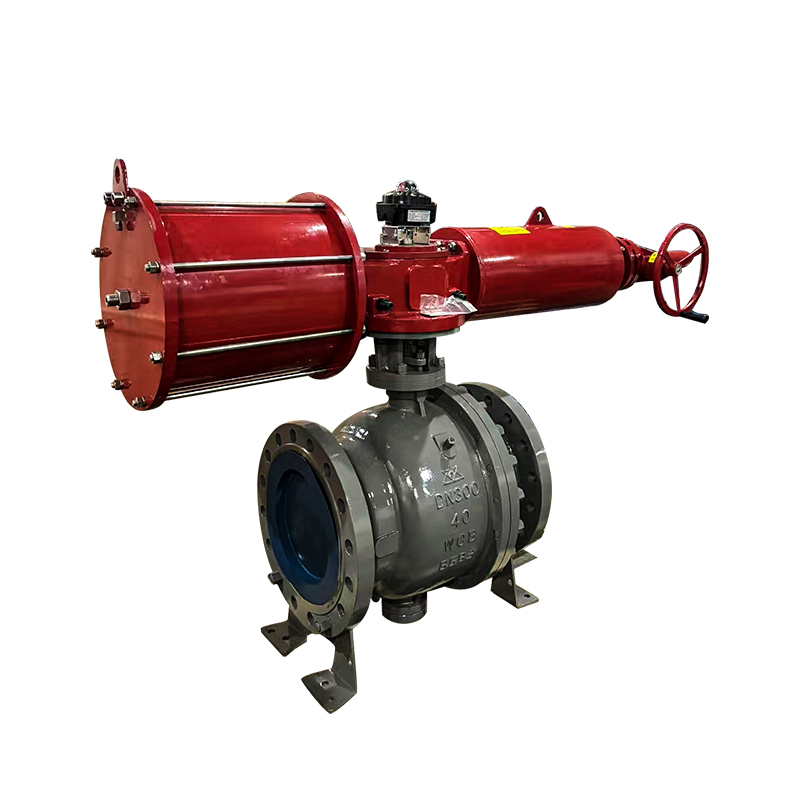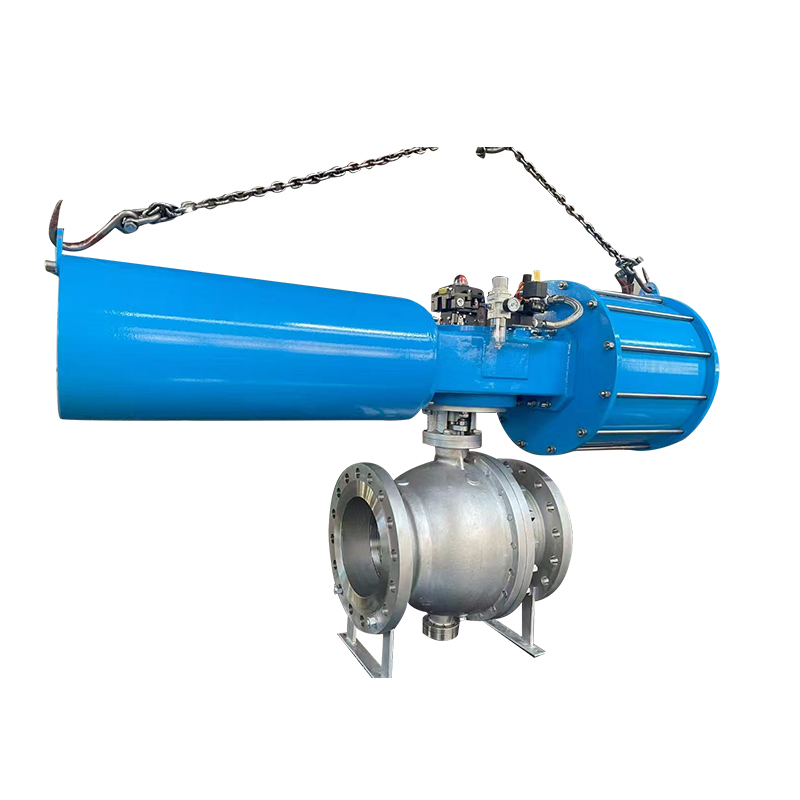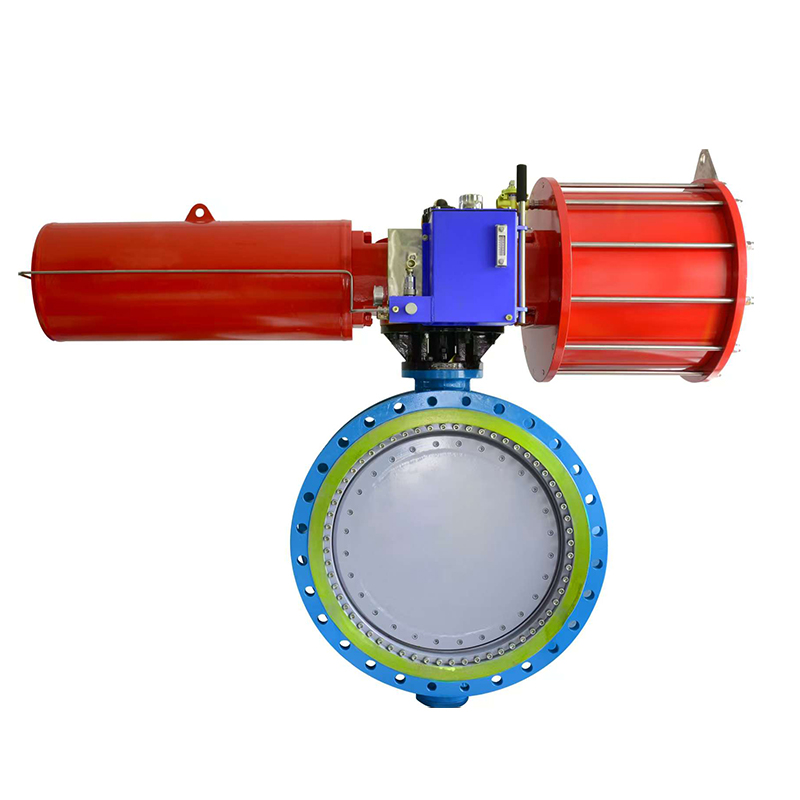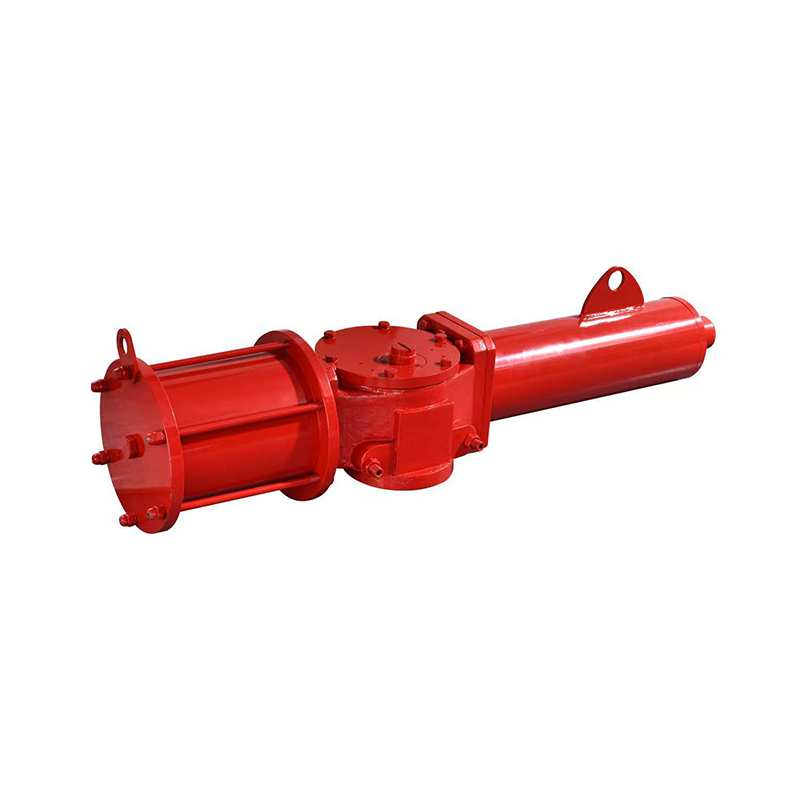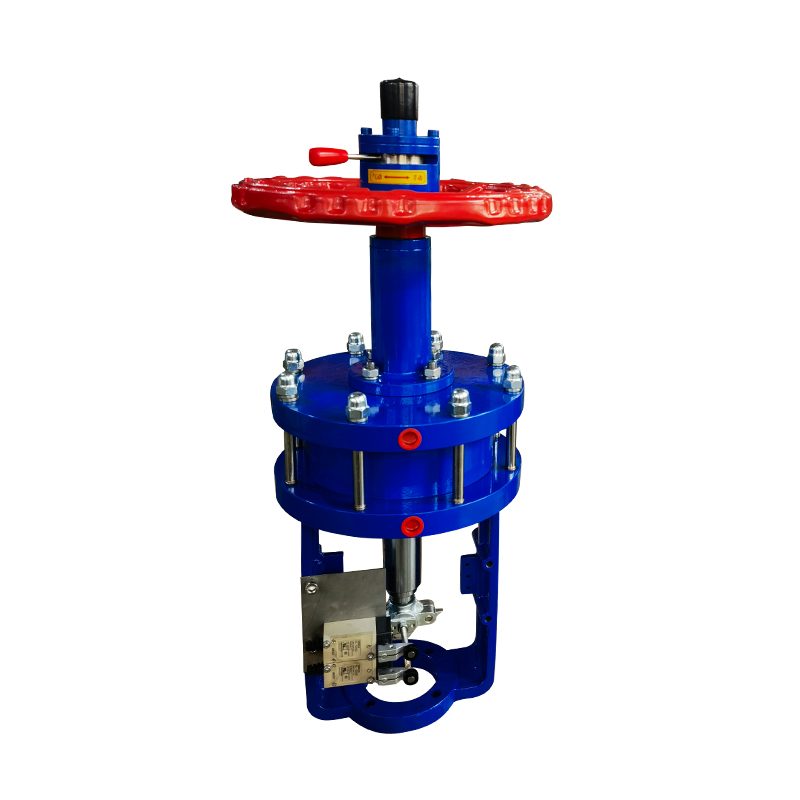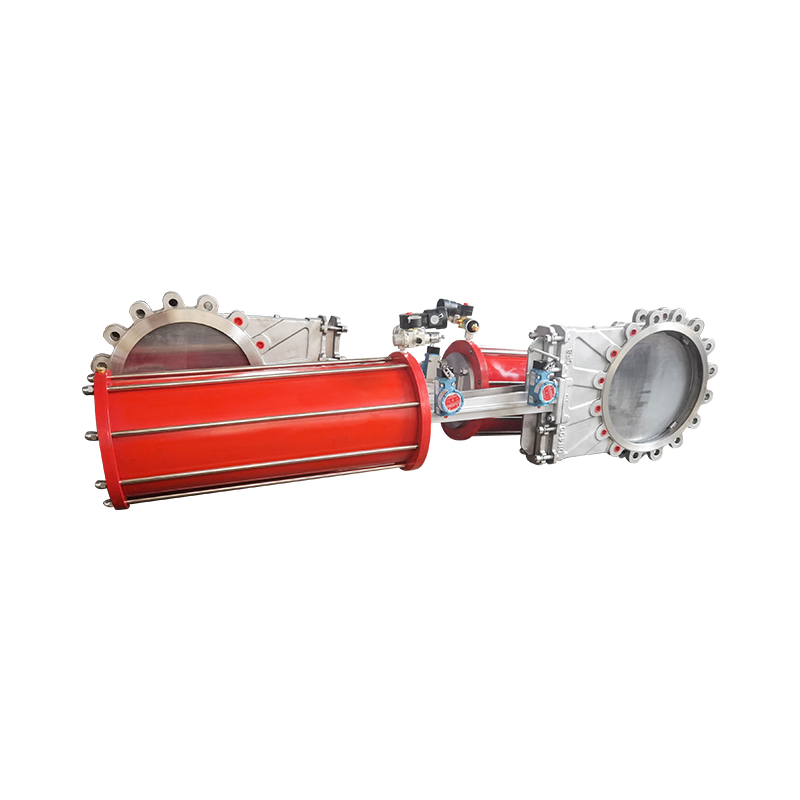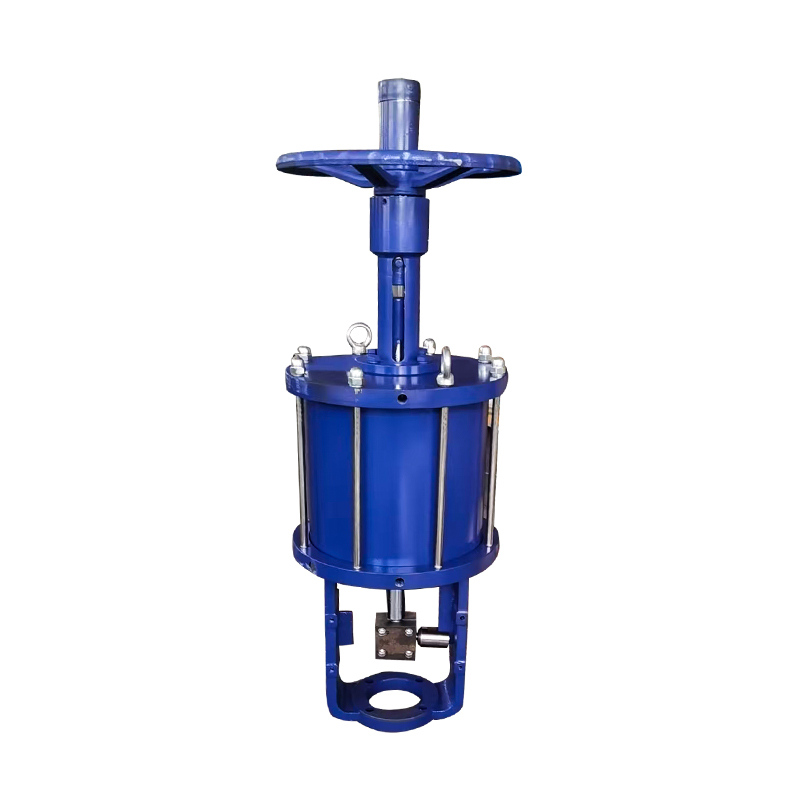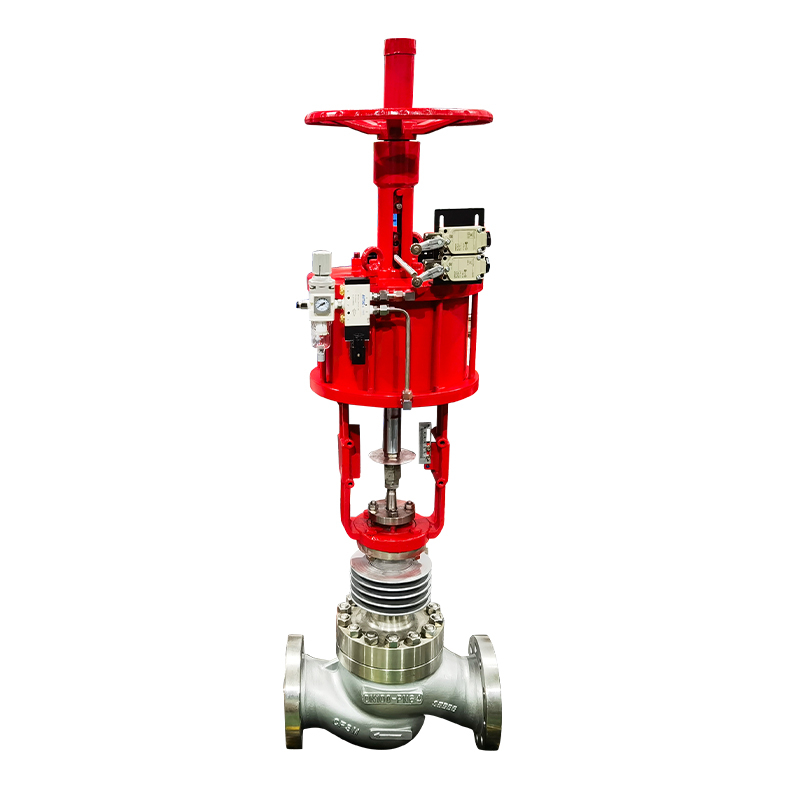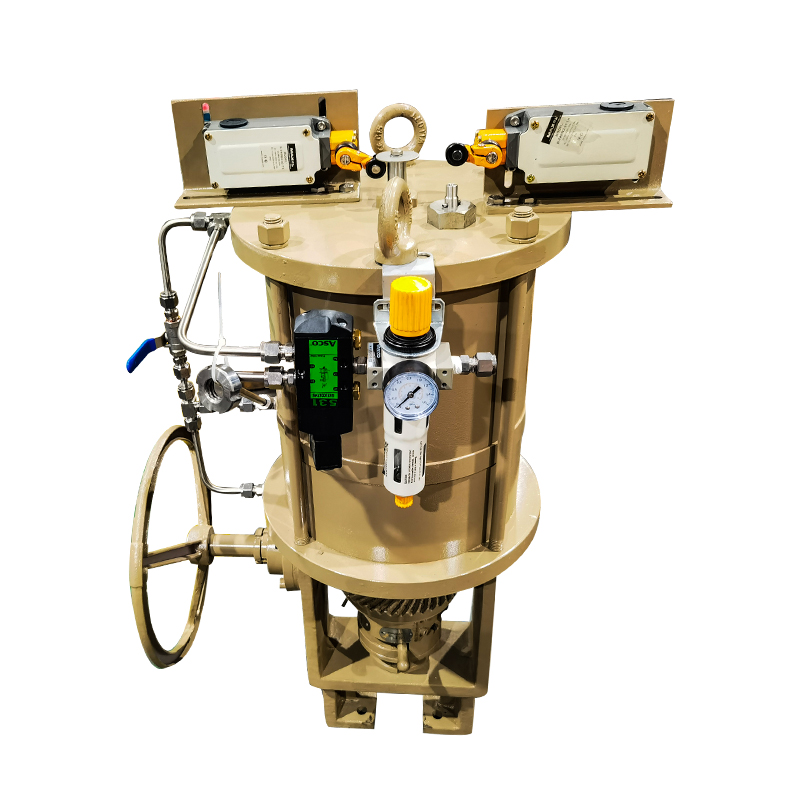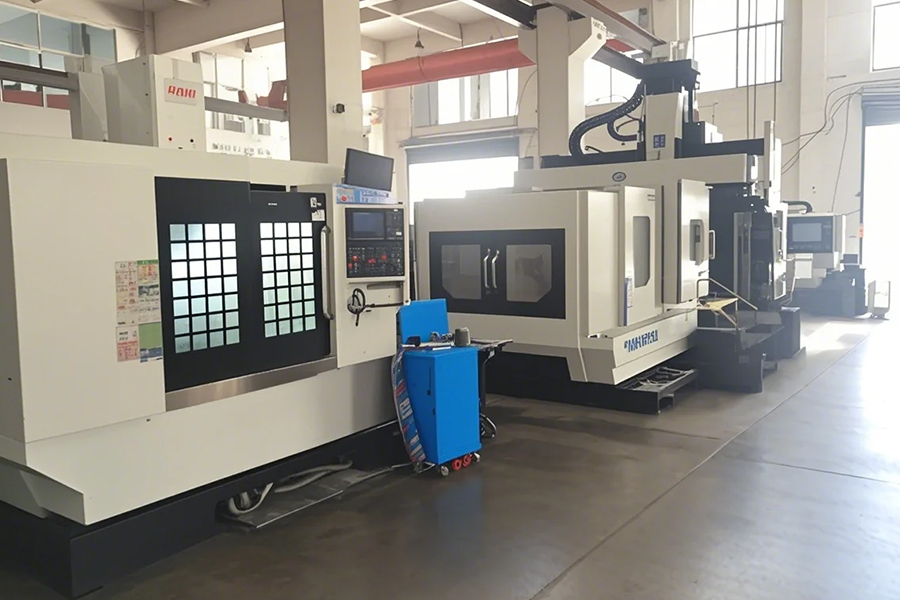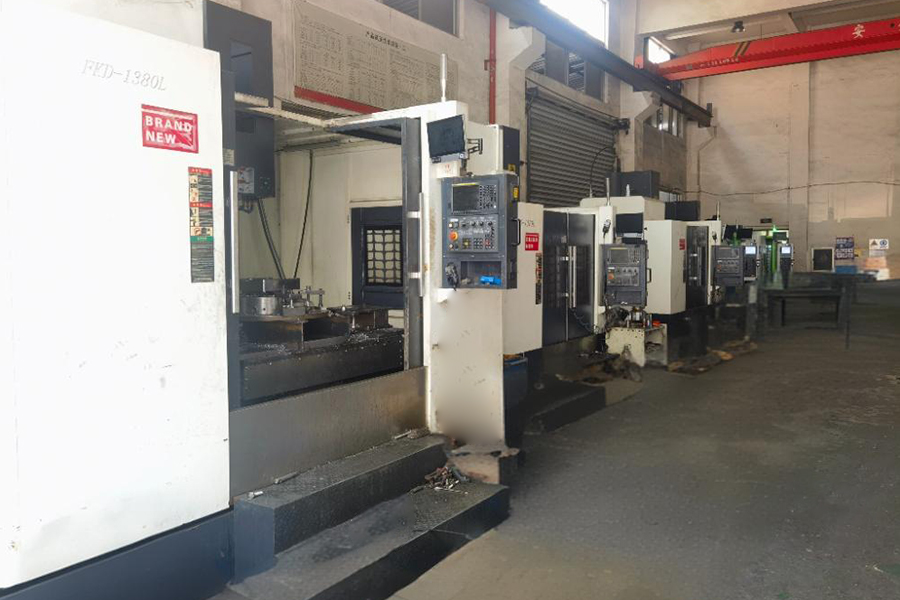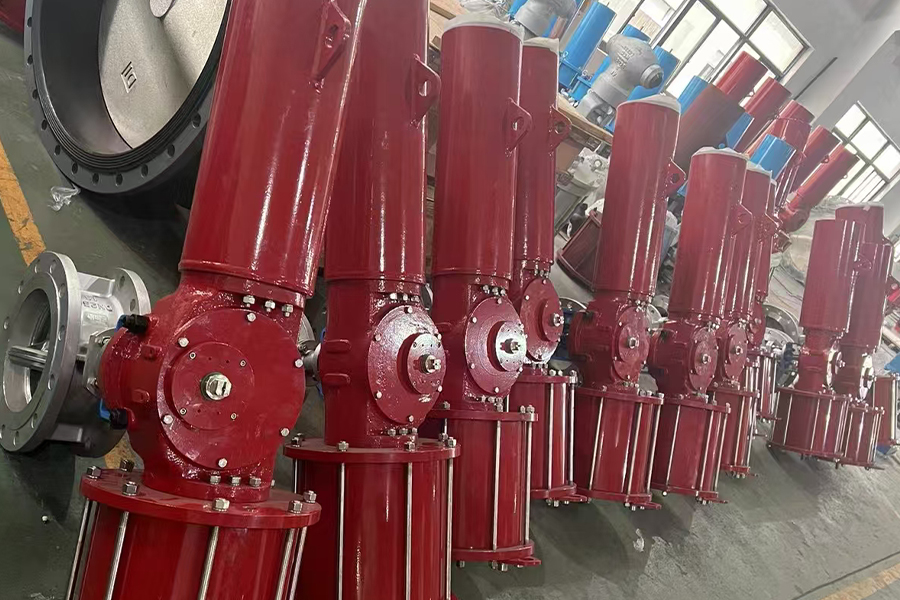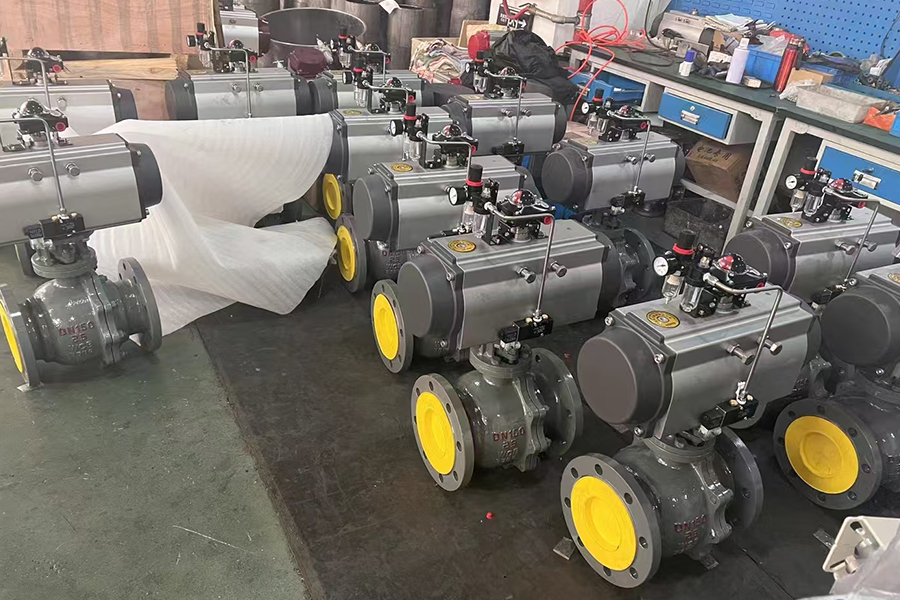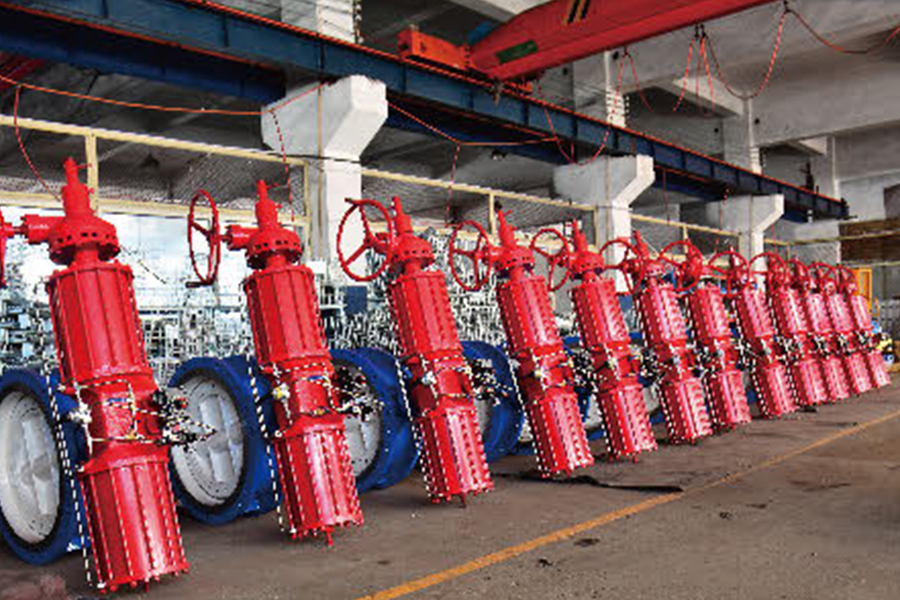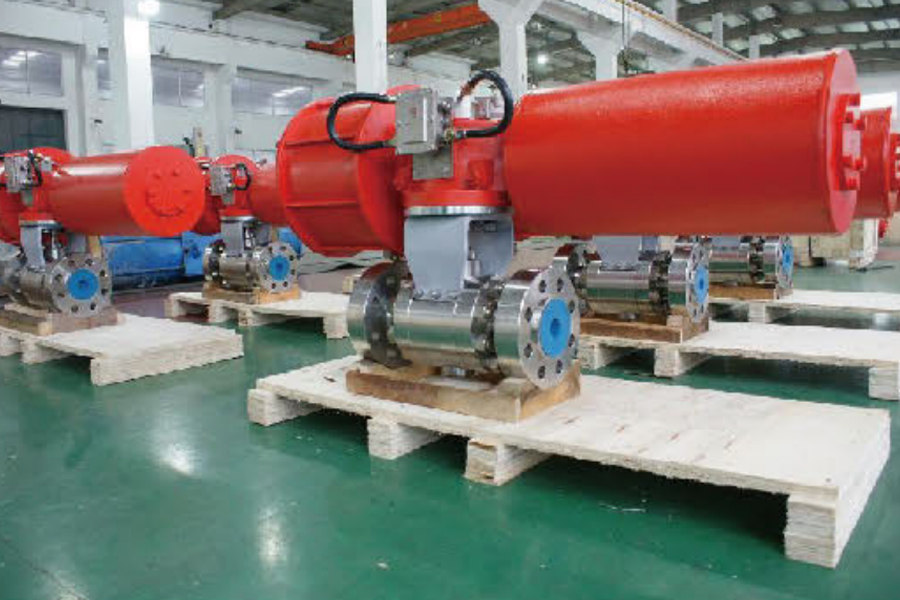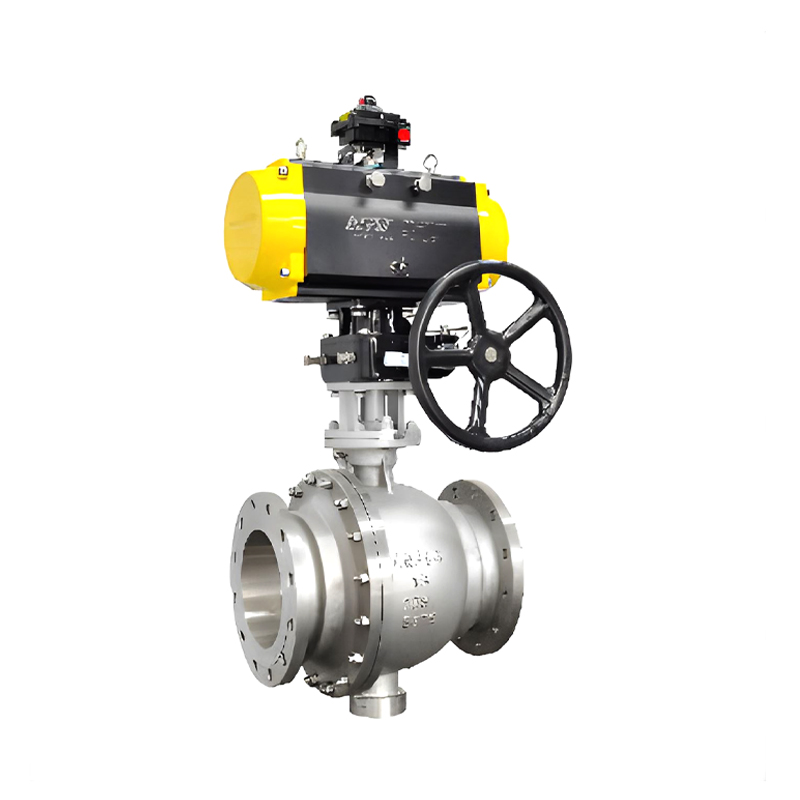
Piston pneumatic valves are essential components in many industrial systems, providing precise control of compressed air for automation, manufacturing, and fluid handling applications. For businesses that rely on these valves, sourcing them efficiently is crucial to maintain smooth operations and minimize downtime.
Identifying Reliable Manufacturers
The step in sourcing piston pneumatic valves efficiently is identifying manufacturers with proven expertise. A reputable Piston Pneumatic Valve factory typically provides detailed technical specifications, quality certifications, and references from previous clients. Evaluating manufacturers' experience in producing valves for specific industrial applications ensures that the products meet both performance and safety requirements. By focusing on experienced suppliers, businesses reduce the risk of receiving low-quality or incompatible components.
Understanding Technical Requirements
Different applications require valves with varying pressure ratings, flow capacities, and material compositions. Before placing an order, businesses should define the specific technical requirements for their systems. This includes selecting appropriate materials, such as stainless steel or aluminum, which affect durability and resistance to corrosion. Communicating these details clearly to a Piston Pneumatic Valve supplier helps ensure the valves are suitable for the intended operating environment and reduces the need for returns or modifications.
Streamlined Ordering and Logistics
Efficient sourcing involves more than just choosing the right manufacturer; it also requires attention to ordering and logistics. Many manufacturers offer online catalogs and streamlined ordering processes that allow businesses to select valves, review specifications, and request quotes quickly. Shipping options, delivery times, and packaging standards also play a role in efficiency. Partnering with a Piston Pneumatic Valve supplier that provides reliable shipping and tracking services ensures that components arrive on time and in good condition, minimizing production delays.
Quality Assurance and Testing
Quality control is a critical factor when sourcing piston pneumatic valves. Reliable manufacturers conduct rigorous testing for leak tightness, pressure tolerance, and operational consistency. Inspecting test reports or requesting sample testing before placing bulk orders allows businesses to verify product reliability. By prioritizing suppliers with established quality assurance processes, companies ensure that their Piston Pneumatic Valve purchases will perform as expected under demanding industrial conditions.
Building Long-Term Supplier Relationships
Developing strong relationships with manufacturers can improve sourcing efficiency over time. Long-term partnerships often result in better pricing, faster lead times, and priority access to custom designs. Some Piston Pneumatic Valve suppliers also offer technical support, helping businesses troubleshoot issues or optimize valve selection for specific applications. Maintaining open communication with trusted manufacturers creates a stable supply chain and reduces the risks associated with sudden demand spikes or production interruptions.
Leveraging Digital Tools
Modern procurement strategies increasingly rely on digital platforms to enhance efficiency. Online marketplaces, supplier databases, and automated ordering systems allow businesses to compare multiple Piston Pneumatic Valve options quickly. Using these tools can streamline the selection process, provide visibility into pricing and availability, and reduce administrative workload. By combining digital tools with reliable manufacturer partnerships, companies can source valves more efficiently and cost-effectively.
Efficiently sourcing Piston Pneumatic Valves requires a combination of careful manufacturer selection, clear technical specifications, streamlined logistics, rigorous quality assurance, and strong supplier relationships. By integrating these strategies, businesses can ensure a consistent supply of reliable valves, reduce downtime, and maintain smooth industrial operations. Leveraging both digital tools and trusted manufacturers allows companies to meet operational demands while optimizing procurement processes for cost and efficiency.








